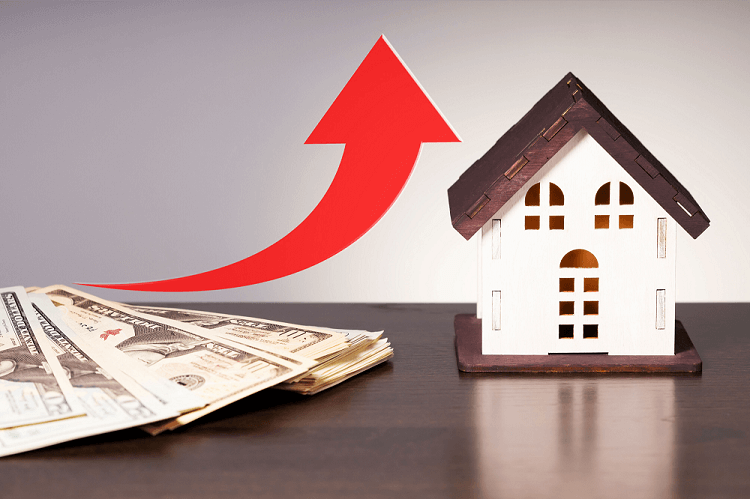10 Apr Price Escalation vs. Appraisal Escalation: What You Need to Know

When inventory is tight, and there are a lot of buyers competing for homes, the risk for multiple offer scenarios increases.
As a result, prices also increase. Buyers need to be ready to compete with not only the highest bid but the overall best offer and conditions. Two common negotiation tactics are the Price Escalation Clause and the Appraisal Escalation Clause. Here is what you need to know about both.
Price Escalation Clause
This clause tells the seller that the buyer is willing to pay more than the highest offer by a certain amount. This hedges the buyer’s bets, so to speak, by giving them an automatic edge in the bidding process. The escalation clause states that the buyer will pay X number of dollars above the highest offer up to a certain amount and that the seller must provide a copy of the highest bona fide offer.
Escalation clauses are always good for the seller but require careful thought on the buyer’s part. Keeping in mind multiple offers are already pushing prices higher, and the buyer may end up paying above the appraised value, it takes some smart calculations to come out ahead. The buyer’s main concern may be the mortgage in this scenario, as the lender will only provide a loan based upon the appraised value. However, an escalation clause can also keep buyers from offering more than they can afford because the limitations are outlined.
Appraisal Escalation Clause
When placing an offer above asking, it is not uncommon for the offer to also be over the appraised value of the home. When this happens, it is important to include appraisal gap coverage for both the buyer and seller. Appraisal gap coverage ensures the buyer is able to pay the amount above the appraised value. This gives them an edge over offers that do not have this clause.
For sellers, the clause ensures they get more for their house regardless of its appraised value, and they avoid renegotiation following the appraisal. For example, if a home is listed at $300K and the home goes under contract for $310K but is appraised at $305K, the buyer would have to pay the $5,000 difference. This clause basically says that in the event the appraised value comes in below the Purchase Price, then the buyer agrees to pay up to $XXXX over the appraised value, not to exceed the purchase price.
Without the appraisal gap coverage, sellers can face price renegotiation to bring the price down following the appraisal. Also, buyers should consider whether they are willing to pay that gap knowing they may be overpaying for the home. This impacts the mortgage loan amount as lenders only lend based on the appraised value.
Although these clauses are intended to provide strategic leverage in a multiple-offer bidding war, there can also be risks. While sellers are attracted to these types of clauses, they can also cause some confusion. Your realtor and attorney will advise when escalation clauses are in your best interest.
Contact Mages & Price LLC Today
Mages & Price LLC works with home sellers across the Chicagoland area, streamlining the sales process and protecting your investment, time, and home. We understand how stressful selling a home can be and aim to minimize anxiety and maximize profit.
Click here and request a free consultation. Please follow us on Facebook and LinkedIn.




Sorry, the comment form is closed at this time.